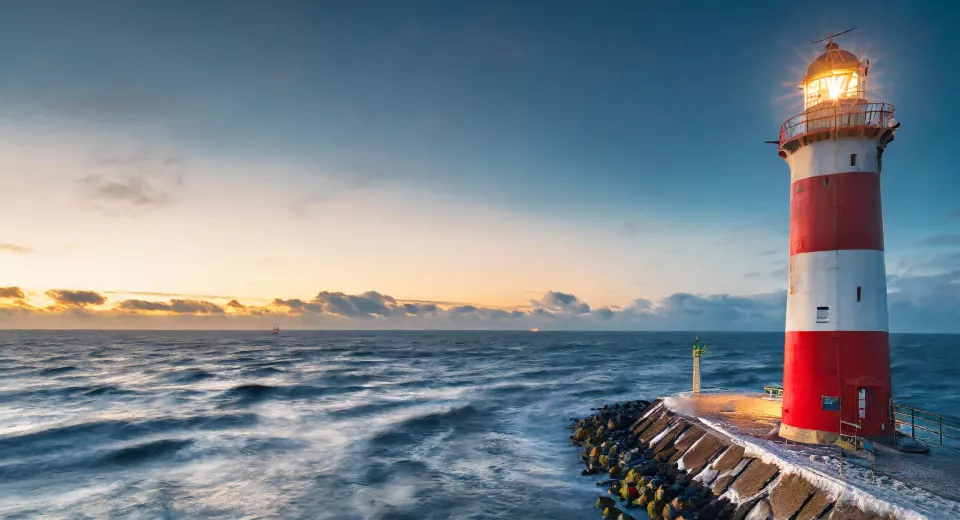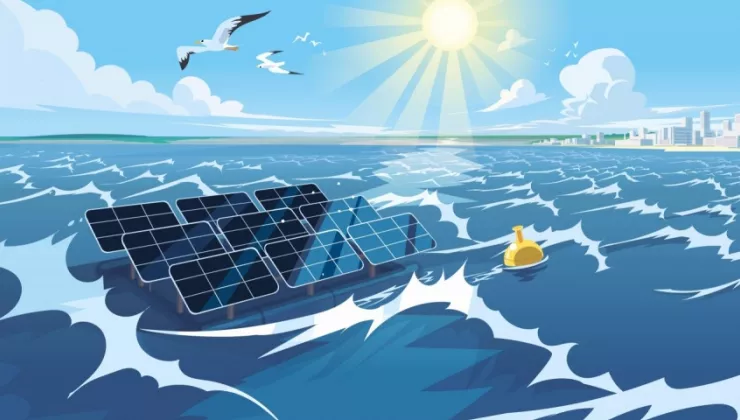The blue economy remains a stronghold of the Flemish economy
Last year, Blue Cluster ordered research agency IDEA Consult to investigate the economic and social relevance of the blue economy in Flanders. This study has shown that the blue economy accounts for 5.2% of the Flemish gross domestic product.
You can read the most important results below. The study makes it clear that the blue economy continues to be a stronghold of the Flemish economy, and that there remains a lot of potential for further growth.
Economic impact
The calculation of the blue economy's economic impact is based on a combination of methods, including document and data research, online surveys and economic impact analyses. Based on the most recent data available, the blue economy accounted for the following in 2021:
- an output of 40.37 billion €;
- employment of 175,902 full-time equivalents;
- an added value of 15.44 billion €; and
- a 5.2% contribution to the Flemish GDP.
Compared to 2018, output and employment increased by 26%, the added value grew by 20% and the contribution to the GDP rose by 15%.
This makes the blue economy a stronghold for the Flemish economy that is comparable in size to the Flemish food industry or the Flemish chemical and life sciences cluster.

Blue Cluster
The study also investigated the role Blue Cluster fulfills within the blue economy. A number of projects were examined for this purpose. The research shows that these projects offer clear economic added value as well as promising market potential.
This suggests that Blue Cluster plays an important role in the embryonic process initiatives in today's blue economy to help start up, grow and valorise larger-scale value creation for the future.
Check out the results of the study
Please note that, apart from an executive summary in English, this study is only available in Dutch. Feel free to contact us if you want a translation of a specific part of the study.
2019 study
This study is a follow-up to an earlier study ordered by Blue Cluster from IDEA Consult in 2019. You can find that study below.
Please note that this study is once again only available in Dutch. Feel free to contact us if you want a proper translation of a specific part of the study.



Social impact
In the context of the social relevance of the blue economy, four case studies of The Blue Cluster were examined in great detail, namely:
The study confirms that the blue economy has a crucial social impact by making an important contribution to:
The blue economy also plays an important role in achieving the United Nations Sustainable Development Goals, in particular: